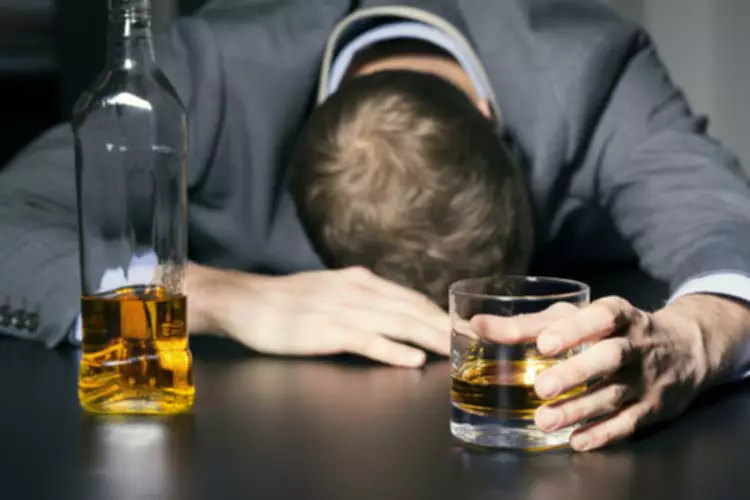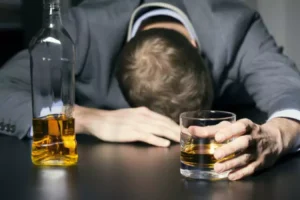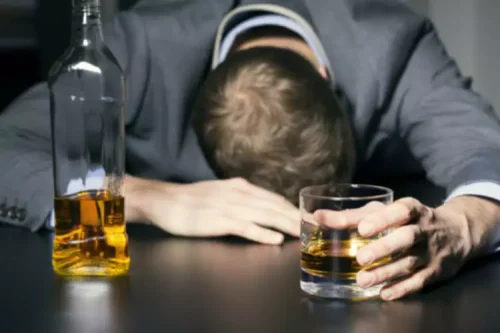

While binge drinking involves consuming a lot of alcohol over a short period of time, alcoholism is a physical and psychological dependence on alcohol that means you’re unable to function without drinking. Only about 10 percent of people who binge drink struggle with a dependence on alcohol. However, the more frequently you binge drink, the more at risk you are of developing an alcohol abuse problem. However, averages are deceptive, and Ireland is not the booziest country in Europe. It has some stiff competition from Germany, Latvia, and the Czech Republic, among others.
Short-term Risks of Binge Drinking
The NHS defines binge drinking as ‘drinking heavily over a short space of time’.2 Another way of thinking about it is ‘drinking to get drunk’. Drinking a lot, quickly, or drinking to get drunk can have serious consequences for your short- and long-term health. Binge drinking can also lead to risky decision-making and result in a range of physical and social consequences including violence and unsafe sexual behavior. The Centers for Disease Control and Prevention estimates that more than half of all deaths involving alcohol each year are caused by binge drinking. Alcohol abuse can cause or worsen symptoms of depression, anxiety, and sleep disorders. You might experience adverse effects on your mood while you’re intoxicated and even after you sober up.
Local and Systemic Consequences of Gut Injury


You may begin to binge drink more often, the days you abstain between sessions becoming fewer. The chances are especially high for people who drink heavily during their teen years. Teenage binge drinkers are about three times more likely to develop alcohol use disorder. Binge drinking is a type of excessive alcohol consumption that raises the BAC to 0.08 g/dL, the consequences of drinking point at which a person is legally impaired.
- Men (28.8%) are more likely to binge drink than women (20.4%), but the difference is getting smaller.
- You may think that because you’re not physically dependent on alcohol and don’t have to drink every day that your drinking isn’t harmful.
- Or by depressing the gag reflex, which puts a person who has passed out at risk of choking on their own vomit.
- The lack of sleep worsens your depressive systems, so you turn to alcohol again.
- Compassionate and knowledgeable admissions navigators can also answer questions about insurance coverage and payment options to help make care more affordable to you and your family.
- These people can support you when you say no to an extra drink or ask to hang out in a different environment where you’re less likely to want a drink in hand.
- These problems include hangovers, injuries, overdoses, alcohol use disorder, heart and liver disease, and cancer.
Tip 3: Find healthier ways to manage social anxiety


This puts you at greater risk of accidents, alcohol poisoning and other short- and long-term health issues. It’s important to seek personalized medical advice on what treatment approach will work best for you. If you or someone you care about is struggling with binge drinking, it’s crucial to reach out to an experienced medical professional. A specialist can help develop an individualized treatment plan that will work best for a specific individual’s needs. While many people binge drink on occasion, adults with mild-to-severe alcohol use disorder are unable to limit their intake. They often drink to avoid the negative emotional effects of not drinking and may obsess over when they can drink next.


What Binge Drinking Does to the Brain, and the Gut
- This time, the two experts used mobile equipment to track 48 hours’ worth of changes in heart rhythms in more than 200 young partygoers before, during and after a night of heavy drinking.
- You might point out the effects that it’s having on their mood or physical health.
- Don’t bring up the subject when they’re already drinking or hungover.
- And peer pressure doesn’t necessarily come in the form of friends loudly encouraging you to drink more.
- If your alcohol use is causing trouble for you at work, at home, in social situations, or at school, it’s a problem.
Researchers, psychiatrists, medical clinicians, therapists, and other addiction professionals rely on the Diagnostic and Statistical Manual of Mental Disorders-5 (DSM V) to diagnose mental health disorders. Alcohol misuse (alcohol abuse) can potentially develop into an alcohol use disorder (AUD). Alcohol use disorder is a medical condition that is defined by the inability to control alcohol consumption despite harmful consequences. In other words, an alcohol use disorder occurs when an individual compulsively misuses alcohol and continues abusing alcohol despite knowing the negative impact it has on their life. However, even if you’re drinking less than this in one session, if your binge drinking is having unwanted consequences in your life, it may be time to reassess your drinking habits.
- Your loved one might deny the problem, deflect, or get mad at you.
- So, although there are similarities, alcohol use disorder should be approached with a specific treatment plan that includes rehabilitation, care from addiction specialists and self-help programs like Alcoholics Anonymous.
- Alcohol is also often found in the blood of people who harm themselves or attempt suicide.
- Following these guidelines will reduce the potential effects that alcohol has on your health.
- Alcohol abuse and mood disorders can even form a dangerous cycle.
- Maybe you feel overconfident in your ability to drive while intoxicated, or you don’t think of the risks involved with physical stunts or going home with a stranger.
- The truth is other people are usually far less focused on you than you believe.
If you’re a highly impulsive person, you may be more likely to reach for another drink without stopping to think about the consequences. If you’re the type of person who likes to seek out novel sensations and situations, you might also be more willing to engage in risky drinking habits. Binge drinking involves a pattern of short but heavy bursts of alcohol use. When you drink like this, you consume enough alcohol over the course of two hours to raise your blood alcohol concentration to the legal limit of intoxication (0.08 percent in the U.S.) or higher. That translates to about four or more drinks for an adult female or five or more drinks for an adult male.


However, not all reports support the link between consuming a specific beverage type (i.e., wine vs. beer or spirits) and health benefits. Therefore, dissecting how pattern of drinking and type of alcoholic beverage contribute to overall outcomes is challenging. Data suggest that even one episode of binge drinking can compromise function of the immune system and lead to acute pancreatitis (inflammation https://ecosoberhouse.com/ of the pancreas) in individuals with underlying pancreatic damage.
